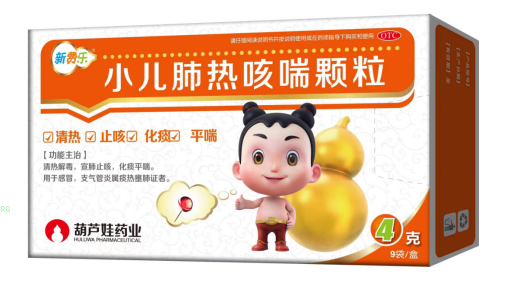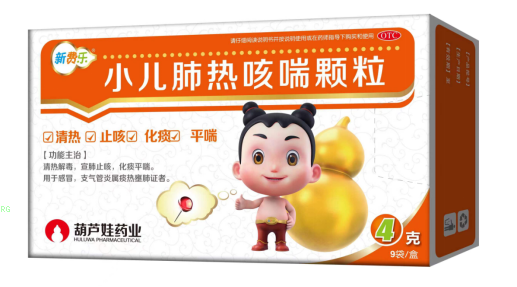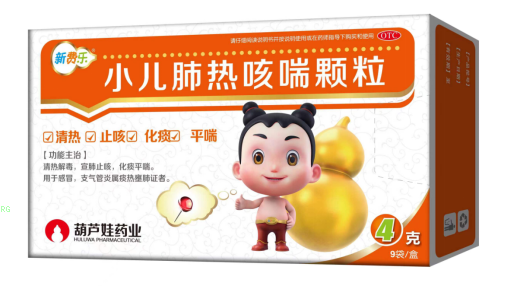During pregnancy, the growth and development of the fetus require a large amount of iron, and an increase in the pregnant woman's own blood volume can also exacerbate iron consumption. If symptoms such as fatigue, pale complexion, and dizziness appear, it is likely a sign of iron deficiency anemia. At this point, it is important to choose safe and effective iron supplements, and "which type of iron supplements pregnant women should take" has become a concern for many people.
1. Precautions for Choosing Iron Supplements for Pregnant Women
1. Safety is the primary principle
Traditional iron supplements (such as ferrous sulfate) release free iron ions in the stomach, which can easily stimulate the digestive tract and cause adverse reactions such as nausea and constipation. Pregnant women who need long-term iron supplementation should choose drugs that have been clinically validated and have no reported teratogenicity.
2. Absorption rate is crucial
The selected iron agent should be less affected by gastric acid secretion or food composition, ensuring that iron can be effectively absorbed and utilized. And it must have high iron content and easy dosage control.
3. Convenience of taking
Taking multiple doses of iron supplements daily can easily lead to missed doses and affect the therapeutic effect. It is recommended to take a single dose of iron supplements that can meet daily needs. From these aspects, traditional iron supplements generally have problems such as low absorption rates, high frequency of medication, and the need to take them on an empty stomach. So, which type of iron supplement is better for pregnant women to take?
2. What type of iron supplements should pregnant women take?
Lefengneng polysaccharide Iron Complex Capsules, as the original imported iron supplement, have innovative molecular structure, unique pellet design, and sufficient clinical application experience, making them very suitable for patients with iron deficiency anemia during pregnancy.
1. The core of Lefengneng lies in its polysaccharide iron complex (PIC) molecular structure, which is a polysaccharide iron complex with a unique pellet structure that is easily absorbed by small mucosal cells in the digestive tract in molecular form. And the absorption rate is not affected by reduced stomach acid or food composition. This design allows iron to quickly enter the bloodstream, accelerating hemoglobin synthesis. Each capsule contains 150mg of basic iron, which is 30 times more than iron fortified gummies, with an iron content of up to 46%.
2. Good safety, with a safety factor more than 13 times that of ordinary iron supplements. Its superiority is particularly prominent in the treatment of iron deficiency anemia in pregnant women.
3. It rarely causes gastrointestinal irritation or constipation, and can avoid adverse reactions such as gastrointestinal corrosion, bad breath, and iron poisoning. The absorption rate is not affected by a decrease in stomach acid or food composition, and has extremely high bioavailability, avoiding free iron ions and significantly reducing direct stimulation. And it is not affected by pH value and food composition, with an absorption rate comparable to ferrous sulfate.
4. Easy to take, good compliance, mild anemia can be taken once a day, usually without strict fasting. The capsule has a small volume, which improves medication convenience. There is no rust smell when swallowed, and the taste experience is very good. At the same time, it is not easy to get overheated.
Iron deficiency anemia is a common problem in women during pregnancy. Which iron supplements should pregnant women take? Pregnant women with iron deficiency anemia can use Lefengneng polysaccharide iron complex capsules according to medical advice, which can usually help increase hemoglobin levels within a few weeks, effectively improve anemia status, and ensure the normal development of pregnant women and fetuses.







Comments (0)
Leave a Comment
No comments yet
Be the first to share your thoughts!